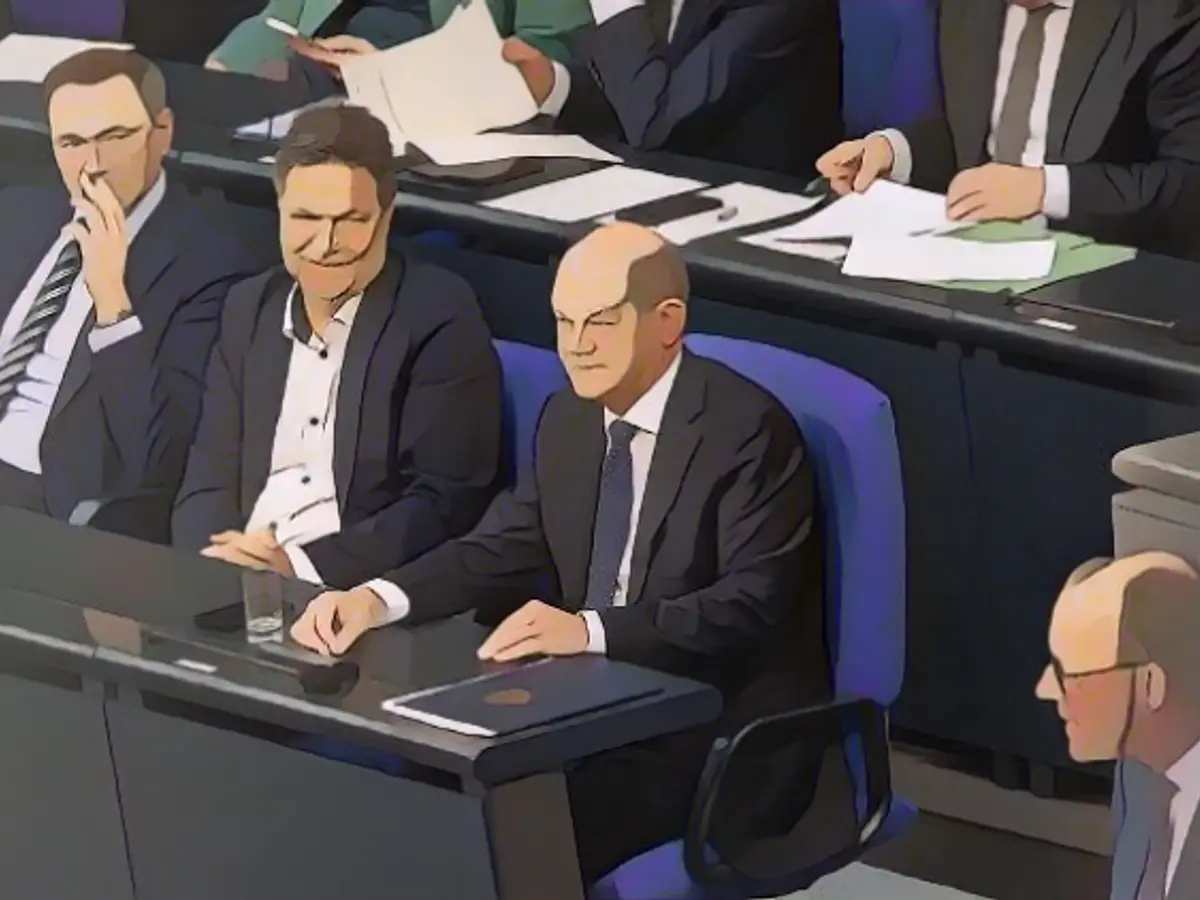How can the dispute over the debt brake be resolved?
The Federal Constitutional Court's ruling on how to deal with the debt brake comes as a shock to Germany. As all the tricks used to circumvent the spending limit can now de facto no longer be used, important projects are on the brink. Climate protection projects, chip factories, rail expansion - everything is now being called into question.
The podcast "Die Stunde Null" analyzes the consequences of the ruling and possible ways out with Benedikt Becker, editor in the capital city office of "Stern". "The leeway for 2024 and 2025 is of course very tight," says Becker. "But technically speaking, it's not a problem that the federal government can't solve."
In the short term, the coalition could try to declare emergencies and thus override the strict effect of the debt brake - something Becker doubts, however. "Basically, the principle of hope applies here," says Becker." After all, there is a real danger that the CDU and CSU will once again go to the Federal Constitutional Court to have the budget for 2024 reviewed.
In the longer term, however, politicians will have to rely on other instruments, such as emission rights in climate policy for heating and transport. "The idea behind this is to set a price signal - and, in the best-case scenario, to return the money to the people via climate money - in order to compensate for social hardship," says Becker. Ultimately, the current crisis could even be an opportunity when it comes to limiting the state in its function. "This offers the opportunity to clear out the budget."
Listen to thenew episode of "Die Stunde Null"
- Why people in Dresden also need to worry
- What foreign countries think of the German debt dispute
- Why the debt brake will probably remain in place
You can find all episodes directly on RTL+, Apple or Spotify or via Google.
The ruling on the debt brake by the Federal Constitutional Court has significant implications for managing public debt in Germany. With the debt brake now strictly enforced, reducing the public debt becomes a crucial focus.
Given the tight leeway for budgeting in 2024 and 2025, politicians might need to explore alternative methods, such as employing emission rights in climate policy, to balance climate protection projects and social hardship without violating the debt brake.
Source: www.ntv.de








